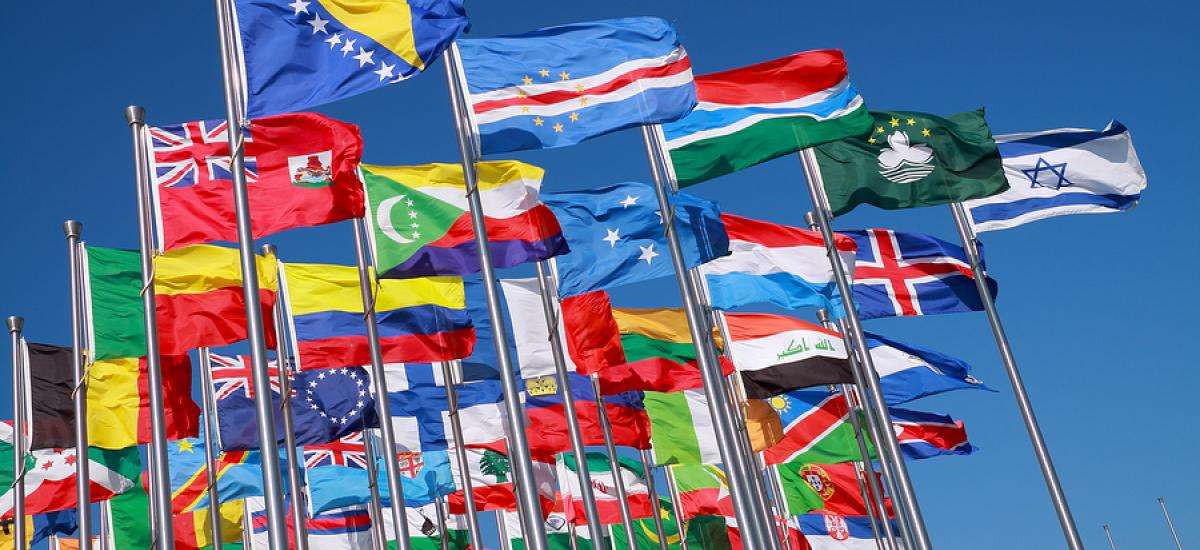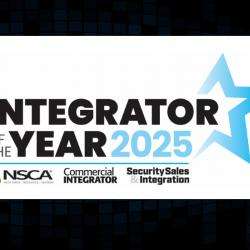4 Steps to a Successful International Event

Planning and managing a meeting outside the U.S. can be complicated. There are 196 countries and more than 6,000 spoken languages around the world. Let’s not forget the cultural and business differences, varying taxes and border entry requirements to manage as well.
Although faced with these challenges, many companies and organizations are continuing to hold international meetings because they understand the importance of face-to-face communications.
Staying on budget and ensuring an effective, well-managed and organized event are not mutually exclusive. Utilizing your domestic resources that have international knowhow can prove invaluable and a time saver.
Remember these few steps when preparing for an international event and you will be well on your way to success.
Discover Phase
Gain a clear understanding of what the meeting is about, who will be attending and your budget. Based on these findings, you will have an understanding of where you should start looking for your site and if services like translation and transcription are necessary.
Contact Phase
Start contacting your resources. Both external and internal contacts can and will be a huge resource for you. These could be employees who currently reside in the site country, destination management companies, and international AV production companies.
Don’t forget about our international not-for-profit organizations as well like the Professional Convention Management Association and Meeting Professionals International.
Don’t Think Like an American
This stage is key. When communicating with foreign services (i.e. hotels, catering, logistics companies, etc.), use clear spoken language and avoid jargon, sports analogies or slang phrases that may be confused or be taken literally by your international contact. Also consider local customs and traditions when planning your event. For example in China, a coffee break isn't just a coffee break. A coffee break in China typically also includes fresh fruit, dim sum, water chestnut cakes, coconut snowballs, thousand-layer sweet cake, and tea.
Budget and Price Negotiating
International negotiating is just that, negotiating. It is a give and take process and you must have your details in check. The better prepared you are the smoother the negotiating process will go. The process will be different depending on your location. For example in India, you may receive an inflated hotel room rate and be scared off by the cost. However, the hotel is expecting you to negotiate the price, which typically decreases from the initial quoted rate.
International Success
When it comes to customer relationships, the ability to build lasting relationships across borders and countries is absolutely critical. If you want to succeed you must be able to meet, in person, no matter where you are in the world. If you think about the cost of losing business and what it will cost to replace it, the cost of an international meeting is easy to manage.
Share This Article
Categories
Latest Posts

Technology That Keeps Residents Engaged, Connected, and Safe

IMS Closes Out 2025 with Major Industry Awards, Looks Ahead to 2026

Philadelphia 2026: Is Your Venue Ready for the Spotlight?

Scalable AV Infrastructure for Life Science Enterprises

Extend Your Reach: The Power of Virtual and Hybrid Events
Tags
Contact Us
- Headquarters: 3055 MCCANN FARM DRIVE, GARNET VALLEY, PA 19060
- Event Staging: 2000 COLUMBIA AVENUE, SUITE 300, LINWOOD, PA 19061
- Southeast Office: 404 SUNPORT LANE, SUITE 350, ORLANDO, FL 32809
- Phone: + 610-361-1870
- Contact Us
Services
Recent Posts

Technology That Keeps Residents Engaged, Connected, and Safe

